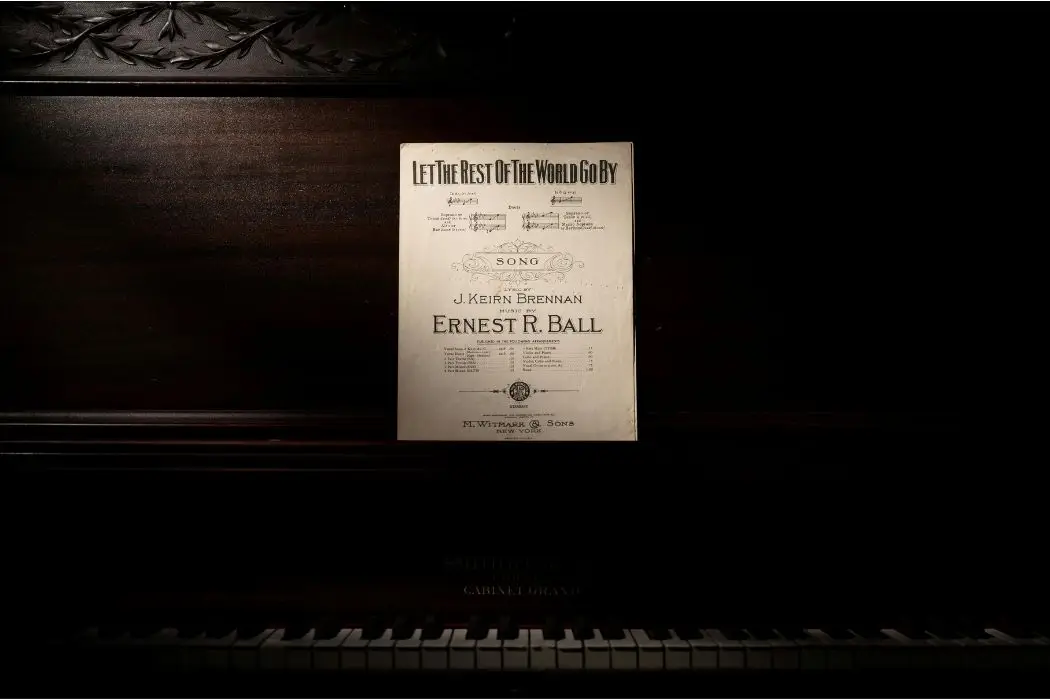Perhaps you know the Shakespeare quote that brevity is the soul of wit.
It’s from Hamlet, spoken by Polonius.
I always get a laugh when people quote the many aphorisms of Polonius as nuggets of wisdom. After all, Polonius is a fool, a bumbling idiot.
He spews more empty bromides than…well, than a LinkedIn “thought leader.”
Back to brevity, if you scratch the surface of this seeming truism, you find a false underbelly.
Calls for brevity usually entail a cynical view of one’s audience or readership. You assume people can’t or won’t take the time to care. You want to give people just the takeaways so they can go forward and take them away—without inquiry or reflection.
Context, nuance, details—they aren’t worth your time, and your audience wouldn’t know the difference. They don’t have what it takes to shed light onto your blind spots anyway.
Perhaps you’re also confessing that you don’t think what you have to say merits time or care.
Just spin it for them, and they’ll take it. No thinking. And then they’ll ask for more.
Not to say that being brief is a bad idea. But adopting it as a worldview or a theory of humanity has a taint of bad faith, even cruelty.
You can say a lot in very few words, but that means trusting people to think. That’s not always a bad thing. Brevity can also be a provocative density.
But in itself, brevity is hardly the soul of wit. More often, brevity is the soul of bullshit.




